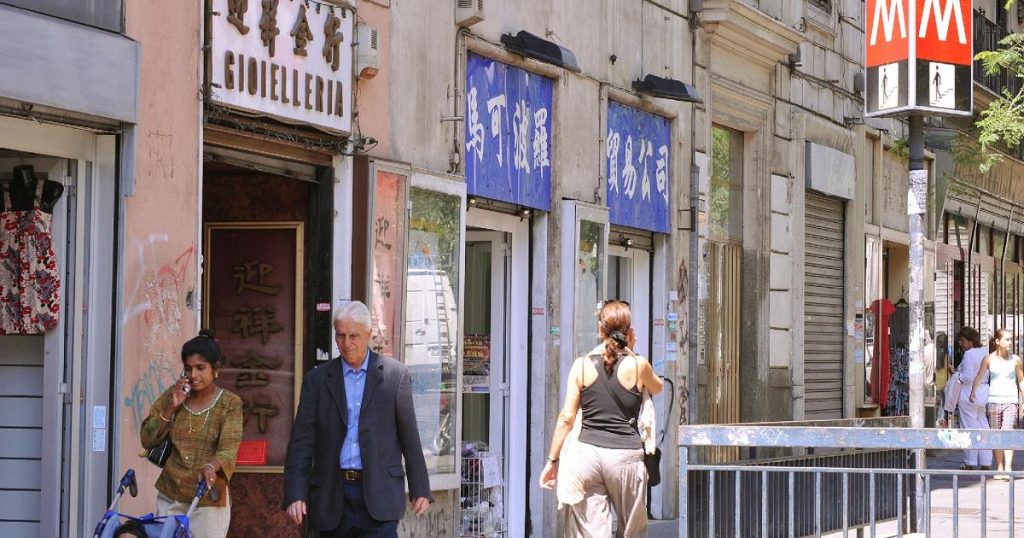In Italy, the number of foreign-led businesses has increased by 29.5% over the past 10 years, while Italian-led businesses have decreased by 4.7%. There are currently 586,584 foreign-led companies out of a total of 5,097,617 active businesses in Italy. Factors such as high taxes, bureaucracy, expensive bills, high rent costs, and a sense of perpetual insecurity have discouraged many Italians from starting businesses on their own. This has led to a significant presence of foreigners in various sectors such as retail, grocery stores, bars, restaurants, construction sites, and manufacturing.
The trend of foreign entrepreneurs surpassing Italian entrepreneurs is particularly evident in southern regions like Catania, Messina, Cosenza, Siracusa, and Palermo. Experts suggest that foreigners are replacing local businesses, while immigrants are more inclined to start their own businesses as independent workers rather than as employees. Opening a business in Italy is seen as an important step towards social inclusion as it requires interacting with public institutions, financial institutions for loans, accountants, and suppliers. However, there is also a downside to this trend, as some foreign-led businesses might be engaging in tax evasion or selling counterfeit goods which could harm Italian businesses and create unfair competition.
The commerce and construction sectors are where the highest number of foreign entrepreneurs are concentrated in Italy, with nearly 351,000 businesses out of a total of 586,584 being in these sectors. The most common nationalities among foreign entrepreneurs in Italy are Romanians, Chinese, Moroccans, and Albanians. Over the past decade, there has been significant growth in the number of Moldovan, Pakistani, and Ukrainian entrepreneurs. In cities like Naples, there has been a doubling in the number of foreign-led businesses over the last 10 years, with significant increases also seen in Brindisi, Taranto, and Trapani.
Foreign-led businesses in Italy are primarily involved in sectors such as commerce, construction, and accommodation and food services, with the majority of foreign entrepreneurs being from Romania, China, Morocco, and Albania. Their presence in these sectors accounts for 60% of all foreign businesses in Italy. The growth of foreign-led businesses in cities like Milan, Naples, and Rome has been particularly notable, with significant increases in the number of foreign entrepreneurs in these areas over the past decade. This trend indicates the changing landscape of entrepreneurship in Italy, with immigrants playing an increasingly important role in the country’s economy.


